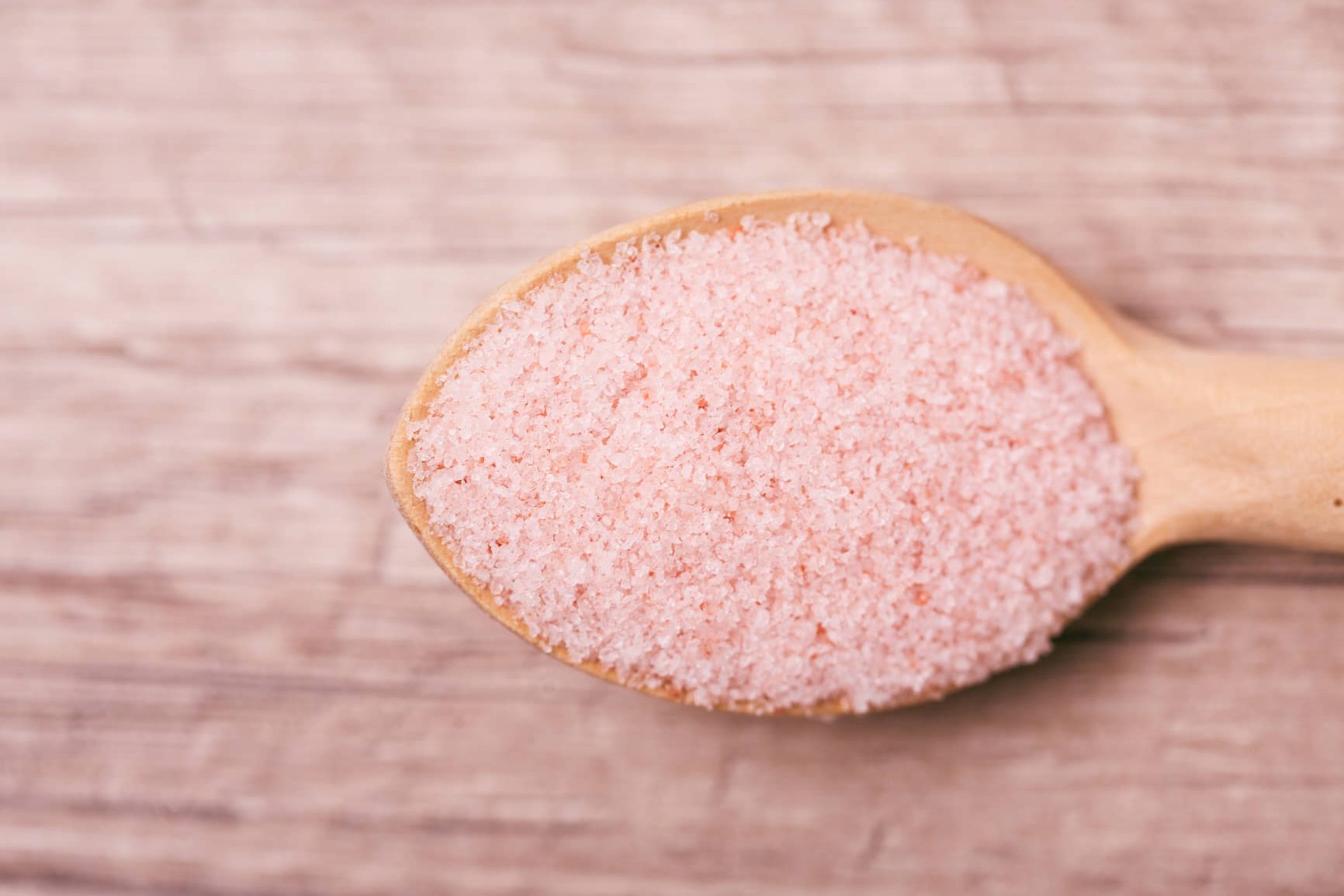-
You’ve probably heard of pre-workouts, the dietary supplements that claim to maximise your workout, whatever you’re doing. But do they actually work? And are they safe to use? Accredited Practising Dietitian and Spokesperson for the Dietitians Association of Australia, Tim McMaster talks you through everything you need to know about the exercise stimulants.
What are pre-workouts?
Pre-workouts are supplements that promise to help you get the most out of your workouts. These can be single or multi-ingredient/combined stimulants and tend to come in powdered form. Whether you run, lift, swim or spin, pre-workouts promise to make you bigger, stronger and faster.
What’s in them?
The ingredients used in combined pre-workouts vary between brands. There are however three core ingredients common across the spectrum: caffeine, Beta-alanine (β-alanine), and creatine.
Do they work?
The main allegation against pre-workouts is that they give the feeling of supercharging your workout, but don’t actually do anything. So is there any truth to their promises?
Caffeine, β-alanine and creatine are all classified as Group A performance supplements, meaning they each have proven benefits when used individually in specific sporting situations and under appropriate supervision.
Caffeine
Caffeine blocks neurotransmitters and increases heart rate, breathing, and blood-pumping efficiency, which helps delay onset of muscle fatigue. A 2012 study in the Journal of Strength Conditioning and Resistance found that men who took caffeine supplements could deadlift, bench-press and generally lift heavier weights compared with men who took a placebo.
β-alanine
β-alanine assists in the production of a protein called carsonine, which can increase fatigue resistance during high intensity and interval-based exercise. Activities that are most likely to benefit include short-sustained high-intensity sports, like rowing, cycling, swimming, and middle distance running; and sports that involve repeated high intensity efforts, like resistance training, team sports, and racquet sports.
Creatine
Creatine is said to reduce fatigue and increase energy during weight-lifting, resistance training and high-intensity interval training. It should be noted that individual responses to creatine are varied, and those with the lowest starting natural creatine stores have the greatest potential for benefit.
But while these ingredients have proven somewhat effective in isolation, there’s little scientific evidence that various other ingredients included in combined pre-workouts do the same. Studies so far have been too small or inconclusive to make any concrete claims.
Are they safe?
The biggest potential risk associated with pre-workouts is the inclusion of dangerous substances. Yes, caffeine, β-alanine and creatine have been tested and green-lit in moderation, but pre-workout supplements that combine them with other ingredients can be risky.
One important safety issue to be aware of: The Therapeutic Drugs Administration (TGA) has banned the use of the chemical 1,3-dimethylamylamine (DMAA), found in a number of multi-ingredient pre-workout supplements after a number of health issues arose from its use. Risks associated include high blood pressure, psychiatric disorders, bleeding in the brain and stroke. If a pre-workout you buy contains DMAA it’s strongly advised you cease taking it and consult your GP.
What are the known side-effects?
The known side-effects attributed to pre-workouts relate mostly to caffeine overdoses. High levels of caffeine can negatively impact performance by increasing heart rate, inducing shakiness, reducing fine motor control and causing gastrointestinal upset. It can also increase anxiety and affect sleep quality. Individual responses to caffeine can vary, so there’s no one exact set recommended dose. Sports Dietitians Australia suggests approximately 1-3mg caffeine/kg or 70 - 200mg per serve is sufficient to improve performance. For comparison, an average cup of coffee has anywhere between 60 and 200mg of caffeine.
There have been anecdotal reports of muscle cramps, strains and tears from combined pre-workouts containing creatine, but there’s no hard evidence to substantiate conclusions of increased risk.
How can I train safely to reach my fitness goals?
While most pre-workout supplements are probably not dangerous, there's little scientific backing for some of their claims. Fuelling your body with the right food instead can be a healthy, cost-effective approach to training. Eating the right food before and after exercise will assist performance and recovery, for example having a carbohydrate-based snack before exercise, and a protein-based meal or snack post-workout. And if you are after a little pick-me-up for your morning session, a short black coffee will do the trick.
But if you’re looking to get serious, a sports dietitian can provide you with a safe, tailored program.
To learn more about how different substances affect you, and the main health issues impacting young Aussies, visit Medibank.com.au/Adultish.
What’s the deal with pre-workouts?

-
Scratching the itch: How to deal with mozzie bites this summer
Ever wondered why you get bitten more than others?
-
Get ready for summer guide
Shake off the very last of those winter blues and start preparing for your most energised summer ever.
-
Foods to fuel your brain
Get the edge in your exams with these tips
-
Proven ways to prevent a cold
We explore the effectiveness of supplements, and our top tips to keep you as healthy as possible this winter.
-
Exploring ‘The Science of Happiness’
Psychologist Emily Toner on the benefits positive psychology.
-
Salt: How much is too much?
It’s probably less than you think.
Subscribe to receive the best from Live Better every week. Healthy recipes, exercise tips and activities, offers and promotions – everything to help you eat, move and feel better.
By clicking sign up I understand and agree to Medibank's privacy policy






